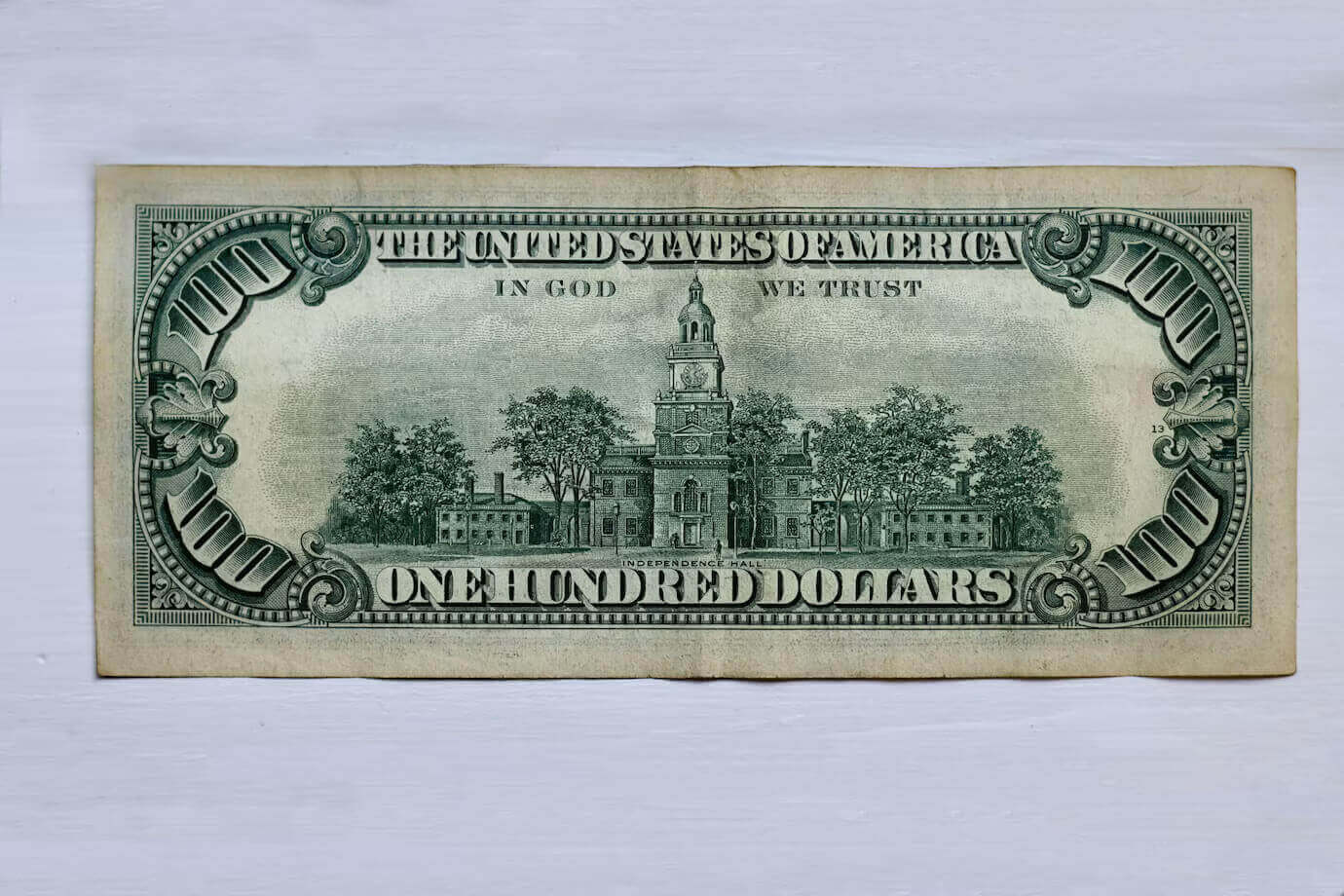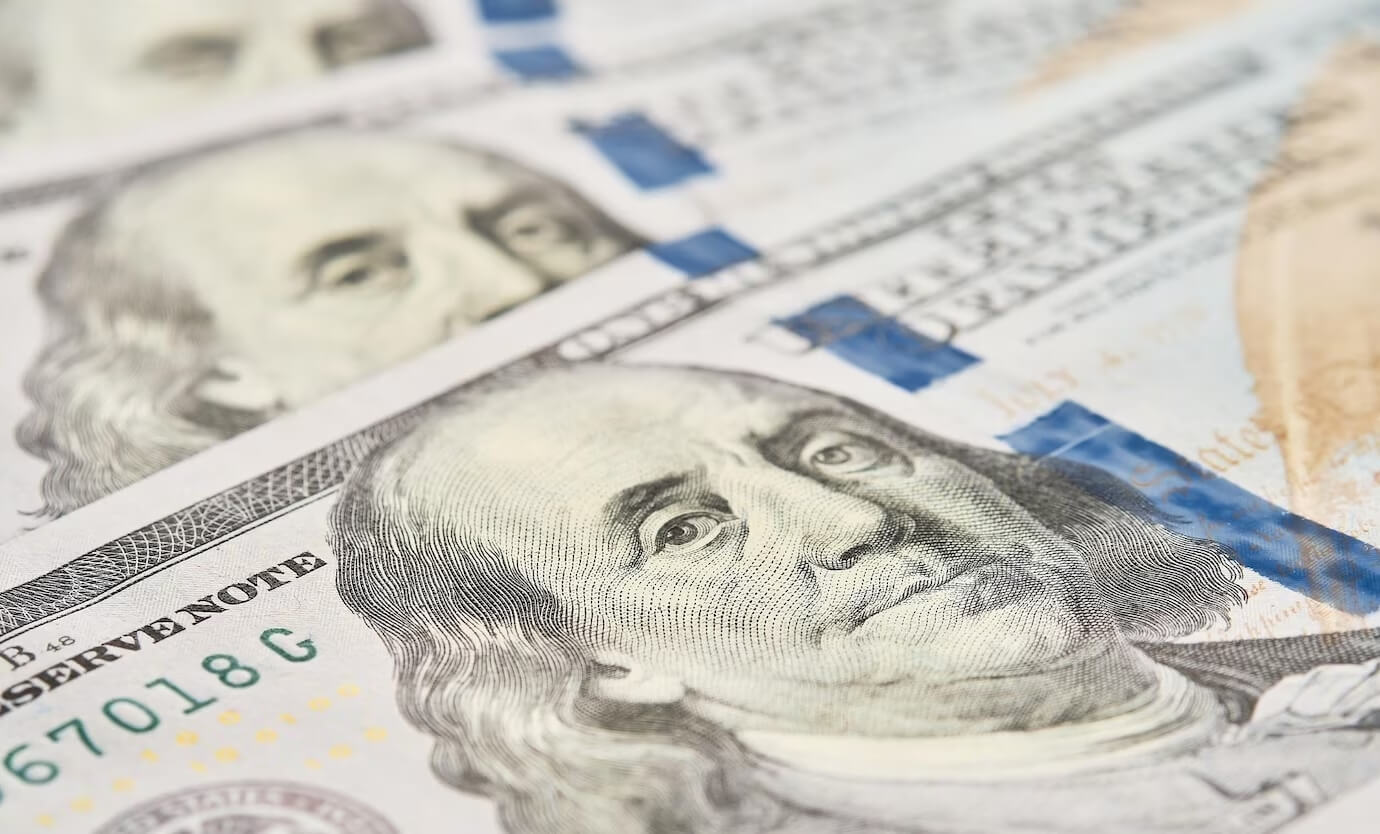No Credit Loans – Financial Tips and Quick Loans
Welcome to No Credit Loans, your comprehensive portal for fresh financial news and no-credit-check loan services. Our dual commitment empowers you to take charge of your financial future, offering resources to navigate the financial landscape with confidence.
Empowering You with Financial News
In the fast-paced world of finance, staying abreast of news and trends is essential. At No Credit Loans, we provide the latest updates, financial insights, and expert analysis to keep you ahead of the curve. With our seasoned team of financial experts and journalists, you will never miss important financial news.
More Than Just a News Site
At No Credit Loans, we go beyond the delivery of financial news. We recognize the challenges many face when seeking financial aid, especially those marred by credit checks. That’s why we offer a unique solution: no credit check loan service. We believe that every person should have the chance to overcome financial hurdles with ease and speed, irrespective of their credit history.
How No Credit Check Loans Work
No credit check loans are designed to provide financial relief without delving into your credit history. Unlike traditional lenders, online lenders focus on your present ability to repay the loan rather than past credit issues. Our streamlined process involves a simple online application, quick approval times, and direct deposit of funds into your account. This service provides an accessible route to the financial support you need when you need it.
Building an Informed and Financially Empowered Community
Our vision at No Credit Loans extends beyond individual services. We aim to foster a community that’s not only well-informed but also empowered to manage their financial journey effectively. By joining our community, you gain more than access to up-to-the-minute financial news and easy-to-access loans; you become part of a movement that values financial education and accessibility.
Embark on a journey with No Credit Loans today. Stay informed, stay financially flexible, and meet your financial goals with us by your side.





